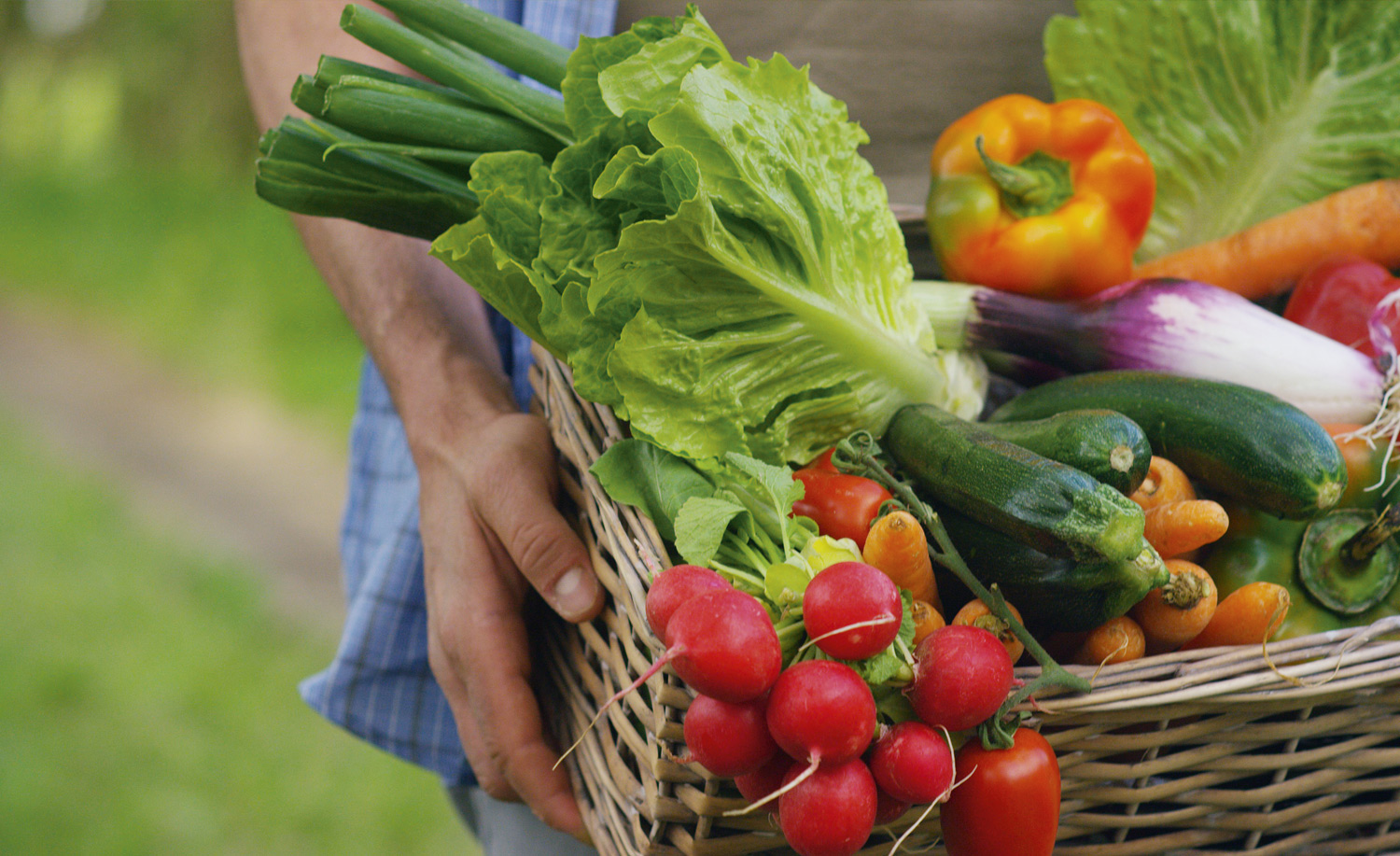How to create the best menus for care home residents
Good nutrition and hydration are at the heart of safe, quality care for the older generation. So how can we meet the drink and food requirements for the elderly in a care home environment?
Victoria: The individual needs for the elderly can be diverse, but when it comes to heart and circulatory diseases, generally speaking, it’s important to take a whole diet approach rather than focusing on single foods or nutrients. Use the idea of a traditional Mediterranean diet to guide you. Make sure the diet is well balanced with plenty of fruit and vegetables, wholegrains, vegetarian protein sources such as beans, lentils, nuts and seeds as well as fish (white and oily) and lean meat if this is eaten. Switch sources of saturated fat like butter, lard, ghee and foods like chocolate, cakes and biscuits for unsaturated fats from oils like olive, rapeseed and sunflower and the spreads made from them as well as in oily fish, avocado and nuts and seeds. Watch out for salt as well – most of the salt we eat is already in the foods we buy, so check nutritional information when ordering ingredients. You can also reduce the amount you add when cooking food and try to avoid putting salt out on tables.

“2.1m over-75s in the UK are living with a heart or circulatory condition”
Victoria: Malnutrition can be a problem. The British Association of Parenteral and Enteral Nutrition estimates that around three million people in the UK are malnourished or at risk of malnutrition and around 150,000 of these are people living in care homes. There are a wide range of reasons why this can become a problem for older people, however. People who have swallowing difficulties after a stroke will be one group who are at greater risk. Offering suitable nutrient-dense foods and drinks can make a big difference to improving nutritional status, especially for those who need to eat modified texture diets.
Victoria: Use the Eatwell guide as the basis. This can be adapted to meet the needs of a range of diets and tastes ensuring flexibility and choice in the provision of meals for your residents. Some residents may have more complex nutritional needs. If this is the case, try to work with their dietitian to see how your menu can be adapted to meet their own individual requirements.

“95% of over-75s living with heart and circulatory diseases in the UK have at least one other long-term health condition”
Victoria: Most meals can be adapted to make them more heart-healthy. Try adding vegetables and pulses to soups, stews and curries, switching from white to wholegrain bread, rice and pasta and swapping ingredients that are high in saturated fat for unsaturated fats. Whatever meals you offer to your residents, serve with plenty of fruit, vegetables and salad on the side.
Douglas: Type 2 diabetes is much more common in the elderly population than type 1 as around 90% of diabetes cases are type 2. It also tends to be a condition that people get as they get older.
Douglas: You need to take a more pragmatic approach with older people who have diabetes. They tend to be more prone to malnutrition because of poor appetite so the normal healthy eating ‘rules’ for diabetes need to be relaxed to ensure they are getting the right level of nutrition. Normally, many people with type 2 diabetes look to reduce their weight and reduce their sugar (and therefore carbohydrate) intake. However, weight maintenance or gaining weight is more likely needed for the elderly with diabetes so you don’t need to worry so much about the normal diabetes dietary guidelines.
Each resident with diabetes needs to be looked at individually, taking all their health factors into consideration – are they under or overweight, do they have heart problems, do they have issues swallowing, etc. This assessment will help inform if their blood sugar levels need more regular monitoring and they need to follow a stricter diet or not.

“1.47m over-70s in the UK have diabetes”
Douglas: There isn’t a special diet for type 2 diabetes. Eating in a healthy and balanced way is the recommendation. Include vegetables, wholegrains and fruit, along with healthy sources of fibre, protein and fats, such as fish and nuts. This way of eating can decrease the chances of people getting diabetes complications such as heart problems and strokes. Losing weight can be a priority for some people with diabetes so they may follow a low carbohydrate or calorie diet. With the elderly though, it is important that their individual needs are considered carefully.
Douglas: If the person is overweight, then they should be minimised but if you’re trying to maintain the resident’s weight or increase it, then it’s ok for them to have snacks such as biscuits. The focus should be on their enjoyment and getting enough calories.
Douglas: Elderly people should be offered fruit every day, especially whole fruit which contains many nutrients. Fruit does contain sugar, however, it is natural. Berries tend to be less sugary although any fruit is beneficial for the elderly. Fruit juice should generally be avoided because it doesn’t contain as much fibre as whole fruits. It is fine for the elderly, however, to drink a small glass each day.
Douglas: Water is always good for everyone and milk can be helpful for those who need support with gaining weight. Diet drinks are fine, as is tea and coffee (with sweeteners if desired).
Discover heart-healthy recipes and ideas for diabetic residents.

Sign in to save topics you love, and build your archive of events, menus and articles.